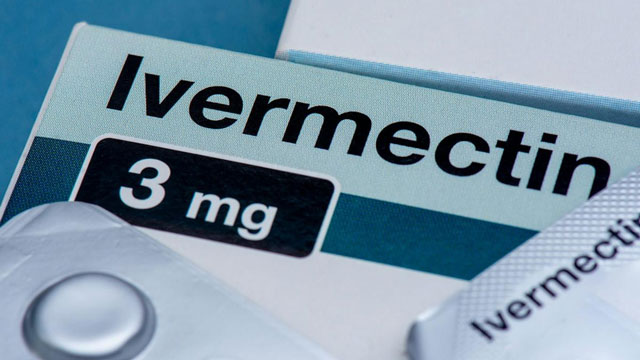Daijiworld Media Network – New Delhi
New Delhi, Sep 28: While global efforts to combat malaria made major strides between 2000 and 2015, progress has slowed in recent years. In 2023 alone, malaria claimed nearly six lakh lives, 95% of them in Africa. India, however, has made notable gains, reducing cases by over 80% in the past decade, particularly in urban and semi-urban areas. Persistent transmission continues in districts of Odisha, Chhattisgarh, Jharkhand, and the Northeastern States, renewing interest in mass drug administration (MDA) using endectocides like ivermectin.
Originally developed in the 1970s to treat parasitic worms, ivermectin has been safely administered to over four billion people and is a cornerstone of global campaigns against river blindness and lymphatic filariasis. Researchers later discovered that mosquitoes biting recently treated humans often die or fail to live long enough to spread malaria, sparking renewed interest in its use as a vector control tool.

The BOHEMIA trial in Kenya and Mozambique tested monthly administration of ivermectin to villagers. In Kwale County, Kenya, where malaria transmission remains high despite 85% bed net coverage, children aged 5–15 were monitored over six months. The trial found a 26% reduction in malaria cases in the ivermectin group, exceeding the WHO’s 20% threshold for a useful public health tool. Participants reported no serious side effects, though the trial excluded pregnant women and children under 15 kg. Operations in Mozambique were disrupted by Cyclone Gombe and a cholera outbreak.
Meanwhile, the MATAMAL trial in Guinea-Bissau, involving over 25,000 people, tested ivermectin alongside a standard malaria treatment program. Results showed no significant reduction in malaria prevalence, indicating that timing and dosing may be critical for effectiveness.
Despite mixed trial outcomes, ivermectin’s safety and unique advantages remain clear. Unlike bed nets or indoor spraying, ivermectin kills mosquitoes from the inside after they bite humans, regardless of time or location. It can be integrated into existing deworming or parasitic disease campaigns, making it particularly useful in remote or underserved areas. BOHEMIA trial participants also reported collateral benefits, including fewer skin problems such as scabies and head lice.
Resistance is a key concern. Overuse in veterinary medicine has already led to resistance in ectoparasites like ticks and lice. While resistance among human parasites is rare, little is known about its effect on mosquito populations. Experts warn that widespread MDA could accelerate resistance in non-target organisms, potentially reducing ivermectin’s effectiveness in malaria control.
Researchers are now exploring longer-lasting formulations, higher doses, and combinations with malaria vaccines or genetically modified mosquitoes. Ongoing trials and careful resistance monitoring will be crucial to determining ivermectin’s future role in eliminating malaria.